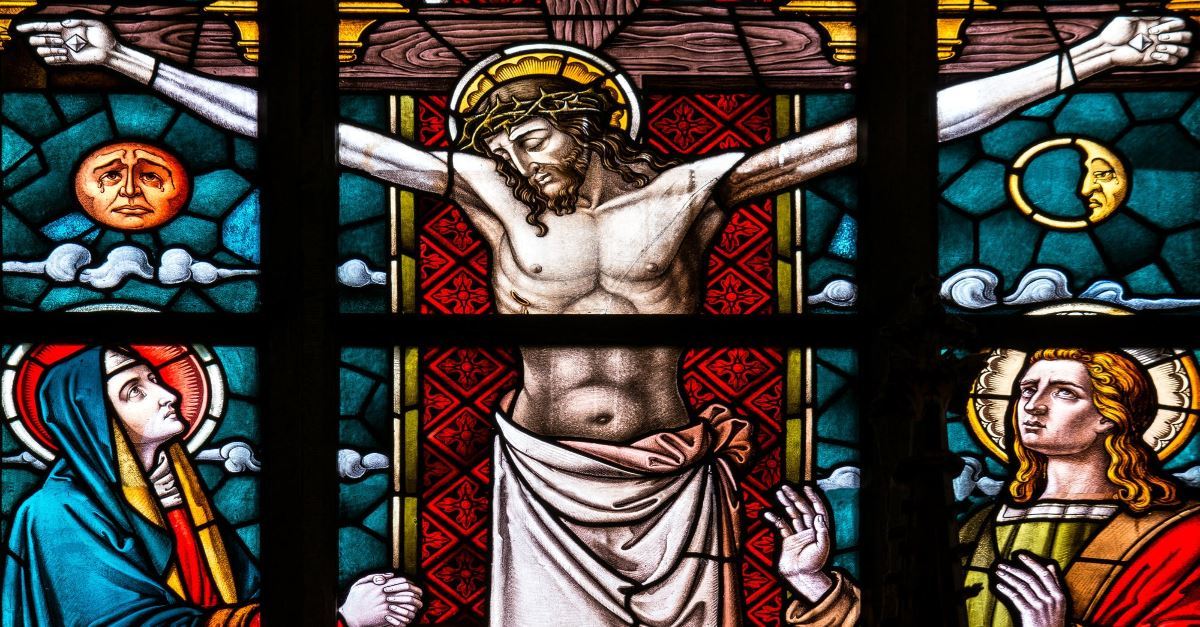glorydaz
Well-known member
Romans 3 is very clearly written to believers. He is not presenting that material to unbelievers. He's making the case that, as believers in Christ, we do not need the law because we aren't saved by what we do but by what we believe.
I don't agree. Paul is preaching the gospel for good reason. There are unbelievers in every group.
Romans 1:15 So, as much as in me is, I am ready to preach the gospel to you that are at Rome also.
Now, I'm not saying that it isn't great information for unbelievers to hear. On the contrary, it would be amazing information for them to hear and it may well be the very path that an unbeliever takes towards salvation. I'm also not saying that the fact that salvation is a gift isn't an important aspect of the gospel of grace (sorry for the double negative there). It's very obviously is an important aspect of the gospel - no question - but there are many aspects of the gospel that are not only true but that are amazingly important in regards to how we live our Christian lives but that are not aspects that one must understand and accept in order to get saved.
The fact that salvation is a gift seems pretty essential to me.
The fact, for example, that we are identified in Christ and that His righteousness is now our righteousness and that we are NOW perfect IN HIM, that we are PREDESTINED to glory IN HIM, etc. All mind blowing stuff that a Christian MUST understand in order to grow in their faith and in order to have any lasting fruit whatsoever but NOT stuff needed in order to trigger the transformation from death to life, not need to go from being condemned to being saved.
Yep, that's not essential for salvation.
To get saved, all one must understand is that God is real, that you have sinned against Him, that justice demands your punishment for those sins, Jesus died to pay the price you owe and that God raised Him from the dead. If you believe that and you call upon the name of Jesus Christ for your salvation, you will be saved.
And that's it! Nothing else is required. That alone, at least implies that it's a free gift, right? There's not a single hint of any requirement to perform any sort of ritual or recite any prayer or mantra, no list of rules one must follow or anything else of the sort and, if they accepted Christ on those simple terms, but didn't actually catch that it was totally free and they, in their ignorance, start doing doing doing instead of resting resting resting, then it doesn't mean they didn't get saved, it means there's stuff for them to learn.
That's why they need to hear that salvation is a gift....not of themselves so that none should boast. No one should go into salvation thinking they might have to do something in order to be saved. Why leave them wondering? Also, if they are left thinking they can do anything to add to the work on the cross, then the gospel has NOT been preached. The work of salvation was finished at the cross.
It's a journey, that's for sure.In fact, I would venture to say that there hasn't yet been a single Christian who did not have to go through the process of learning that they effort to be righteous WILL fail. New Christians seem invariably to believe that "while justification is God’s work, by faith in Christ, sanctification (growth) is our work, to be performed under the influence of the gratitude we feel for the deliverance we have experienced, and by the aid of the Holy Spirit. But the earnest Christian soon finds how little gratitude can supply the power. When he thinks that more prayer will supply it, he finds that, indispensable as prayer is, it is not enough. Often the believer struggles hopelessly for years, until he listens to the teaching of the Spirit, as He glorifies Christ again, and reveals Christ, our Sanctification, to be appropriated by faith alone…" (Andrew Murray).
The point being that all of that is one aspect or another of trusting in the flesh and it does not mean that one isn't saved, it merely means that they're immature, as perhaps we all are to one degree or another.
Clete
It's getting a person through the door that counts.
Why leave any room for "works of righteousness" is my question.
Let them know, right off the bat, that salvation is a gift paid for with the blood of Christ alone.
Faith alone in the blood alone. I see it everywhere in Paul's letters.
P.S. These kinds of truths, by the way, is how it is so obvious that those who think they no longer sin are so ridiculously delusional. They haven't any concept at all of what the gospel of grace is really about. Their lives are focused on what they do and do not do rather than on that which has already been done. The first step toward producing lasting fruit in one's Christian walk is the understanding that you cannot live the Christian life and that the harder you try, the stronger the Holy Spirit will slam you down and make certain that you fail. The attempt itself is sin!
Until one gets it into their head that it is "not I, but Christ", then its just one long slog through the mire of fleshly effort which will only produce failure after failure.

